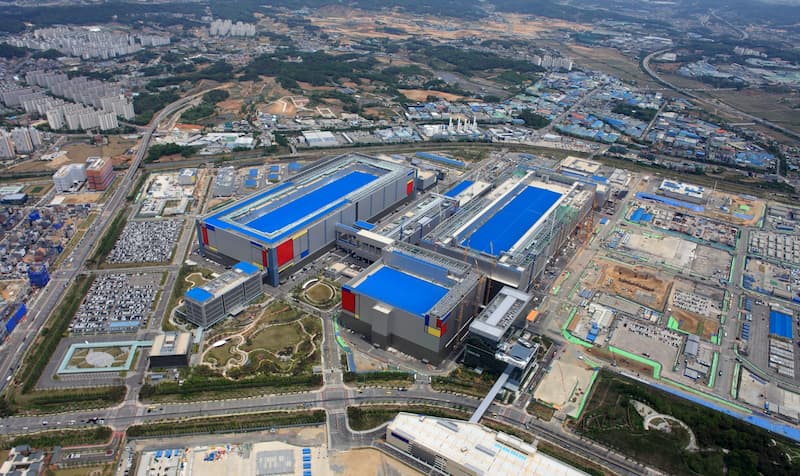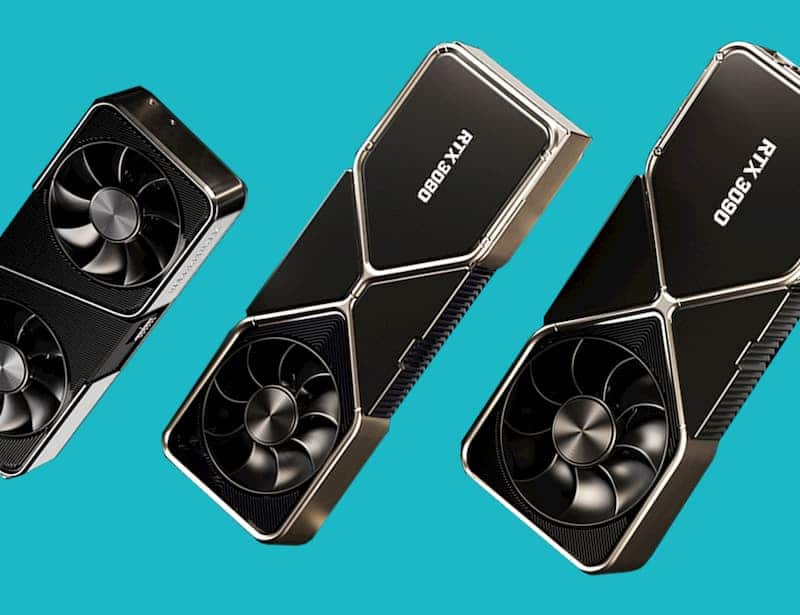This is surprisingly surprising information from Korea. Samsung would have won the production contract for the next RTX Super which could start in the middle of next year. Samsung would have to manufacture the chips in its factory in Hwaseong, which means that we would stay on an 8nm process.
Why is this information amazing?
Most of the evils that afflict Nvidia on the launch of its Ampere generation so far seem to overwhelm Samsung. We have explained here in the past that Nvidia’s choices were the source of the problem, but the fact remains that a lot of information confirms a problem with the performance of Samsung’s 8nm process. The noises evoked a few weeks ago a return in the bosom of TSMC.
Nvidia is betting on Samsung for techno or for politics?
Only here, TSMC is at block. He can afford to choose his clients and his last ones can no longer negotiate with him. Earlier this month, Samsung announced a change of direction concerning its foundry activity. This change is a further manifestation of the Korean’s ambition to gain traction in the global chip manufacturing industry.
Analysts said Samsung’s new foundry chief Choi Si-young has a track record of gaining customers on TSMC in the years to come. Finally to tick the right boxes in a tense market with political tensions, Samsung recently bought a giant piece of land in Austin, Texas, where its chip factory in the United States is located, which gives hope that the company could develop its foundry activities. Currently, the company operates seven foundry production lines in Korea and the United States… A real signal for those who want to avoid taxes and trade tensions.

If some analysts explain this choice to renew the agreement between Nvidia and Samsung just not the fact that TSMC is not able to give a slot for a long time, others have another explanation. Indeed, the repeated investments and the progress of recent months suggest that Samsung gets closer to TSMC . The company would bet big on the use of EUV technology for 7nm and soon 4nm for which heavy investments in machinery have been made.

:quality(85)//cloudfront-us-east-1.images.arcpublishing.com/infobae/PTAHQ67KUVD6XMOAMN43EQXFA4.jpg)
